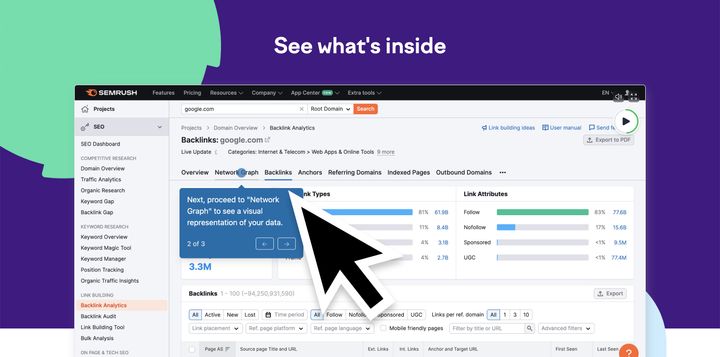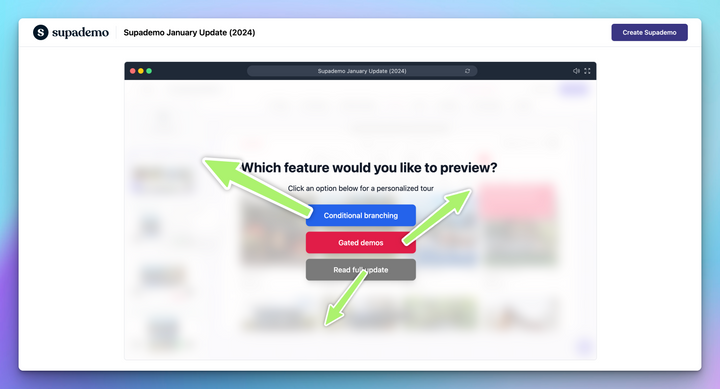In today's competitive business landscape, organizations are increasingly relying on channel partners to expand their reach and drive sales. Channel enablement, also known as partner enablement or channel management, plays a crucial role in empowering these partners to effectively sell products or services. This comprehensive strategy involves providing the necessary tools, resources, and training to enable channel partners to market and sell offerings successfully. In this article, we will explore the definition of channel enablement, its benefits, and strategies for crafting an effective program.
What is Channel Enablement?
Channel enablement refers to the process of equipping and empowering channel partners to effectively sell an organization's products or services. It involves providing partners with the right content, tools, and information about products, buyers, businesses, and territories to enhance their sales effectiveness. By enabling channel partners, organizations can leverage their networks to increase sales, expand market share, and drive revenue growth.
Channel enablement is a multi-faceted approach that encompasses various activities and resources aimed at ensuring the success of channel selling efforts. It addresses the challenges and gaps that can arise when organizations rely on decentralized channel partners to market and sell their offerings. By providing the necessary support and resources, channel enablement aims to improve operational efficiency, enhance alignment, and maximize sales potential.
The Benefits of Channel Enablement
Implementing a channel enablement program offers numerous benefits for organizations and their channel partners. When properly crafted and managed, channel enablement can significantly increase market share and boost the bottom line. However, it is crucial to design and execute enablement programs effectively to avoid costly pitfalls.
One of the key benefits of channel enablement is the ability to leverage the existing partner network to drive sales and revenue. By activating dormant small to mid-sized channel partners, organizations can tap into untapped potential and maximize their resources. Nurturing and enabling existing partners is often more efficient than recruiting and training entirely new partners, leading to faster revenue growth and cost savings.
Another advantage of channel enablement is the ability to enhance alignment between organizations and their channel partners. By providing the right tools, content, and training, organizations can foster trust, loyalty, and a shared vision with their partners. This alignment not only improves sales effectiveness but also strengthens the overall partnership, leading to long-term success.
Crafting Your Channel Enablement Strategy
Crafting an effective channel enablement strategy requires careful consideration of the organization's goals, resources, and partner network. While larger enterprise-level channel partners may receive a lion's share of the enablement budget and resources, it is essential not to overlook small and mid-market partners. These partners often make up the majority of the channel network and have significant revenue potential if properly activated and enabled.
To ensure the success of your channel enablement program, it is crucial to adopt a holistic approach that considers partners at every level. Avoid solely focusing on the 80/20 rule, which allocates resources primarily to larger partners. Instead, strive for close alignment, trust, and loyalty with partners of all sizes. Recognize the strategic value of small and mid-sized partners in driving new revenue and invest in activating their potential.
Addressing Common Challenges in Channel Enablement
Channel enablement can face various challenges that hinder the effectiveness of the program. These challenges often stem from the decentralized nature of channel selling, where partners operate with different standards and values than the organization. However, these challenges can be overcome through the implementation of a comprehensive enablement strategy.
Branding, compliance, and personalization are common issues that arise when working with channel partners. Far-flung partners may lack access to the latest content, leading to branding and compliance concerns. Additionally, the creation of custom and personalized content can be time-consuming for partners. By implementing a channel enablement platform, organizations can automate content updates and ensure compliance while allowing partners to personalize content within established boundaries.
Communication is another critical aspect of channel enablement that can be challenging. Partner marketers need a streamlined way to update channel partners quickly and effectively. A channel enablement solution should provide a central hub where both marketers and partners can access the latest information, industry updates, and new content.
Leveraging Analytics for Channel Enablement Success
Analytics play a vital role in monitoring and optimizing channel enablement efforts. Organizations need to track the effectiveness of their enablement programs, measure partner engagement, and understand the impact of content on sales. A robust channel enablement platform should offer comprehensive analytics capabilities, allowing partner marketers to track content usage, analyze its effectiveness, and identify top-performing channel partners.
By leveraging analytics, organizations can make data-driven decisions to improve their channel enablement strategy continually. Insights gained from analytics enable organizations to identify areas of improvement, optimize content, and allocate resources effectively. With a deep understanding of partner engagement and performance, organizations can foster a culture of continuous improvement and maximize the return on their channel enablement investments.
Partnering with Channel Enablement Specialists
For organizations seeking to optimize their channel enablement efforts, partnering with third-party companies specializing in channel enablement can be a strategic move. These specialists have in-depth knowledge of the market and understand the intricacies of marketing and selling in a digital economy. By leveraging their expertise, organizations can benefit from tailored enablement programs that drive results and exceed sales expectations.
Channel enablement specialists can provide comprehensive support in activating small and mid-sized channel partners, ensuring each partner has the necessary tools and training to succeed. With their strategic guidance and industry insights, organizations can unlock the full potential of their partner network and drive increased revenue.
Conclusion
Channel enablement is a critical strategy for organizations looking to expand their sales reach and drive revenue growth through channel partners. By equipping partners with the right tools, resources, and training, organizations can enhance sales effectiveness, improve alignment, and maximize the potential of their partner network. Crafting a comprehensive channel enablement strategy that considers partners of all sizes and leveraging analytics for continuous improvement is key to achieving long-term success. Partnering with channel enablement specialists can further enhance the effectiveness of enablement efforts and drive increased revenue. Embrace the power of channel enablement and empower your partners for success in today's competitive business landscape.




